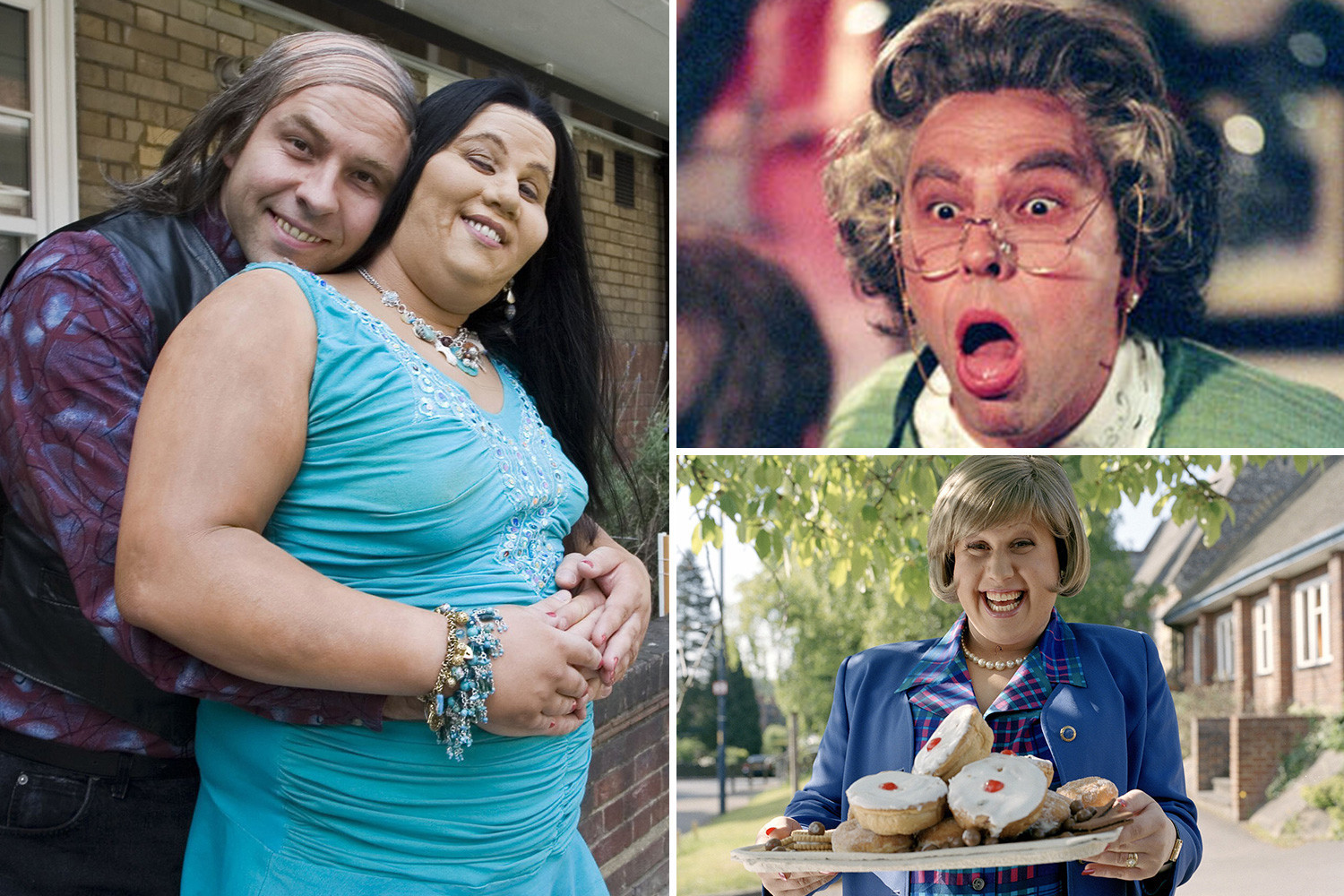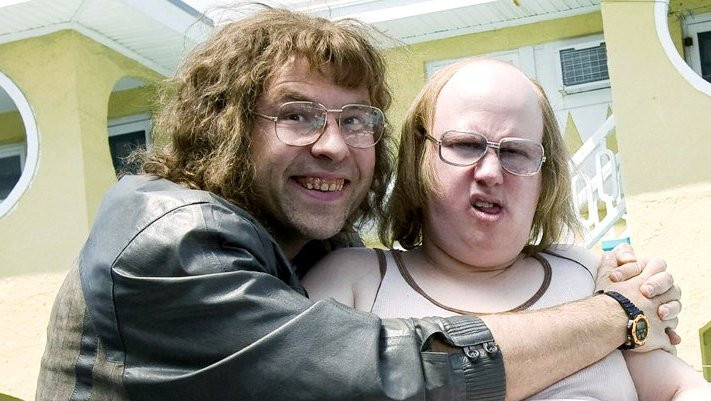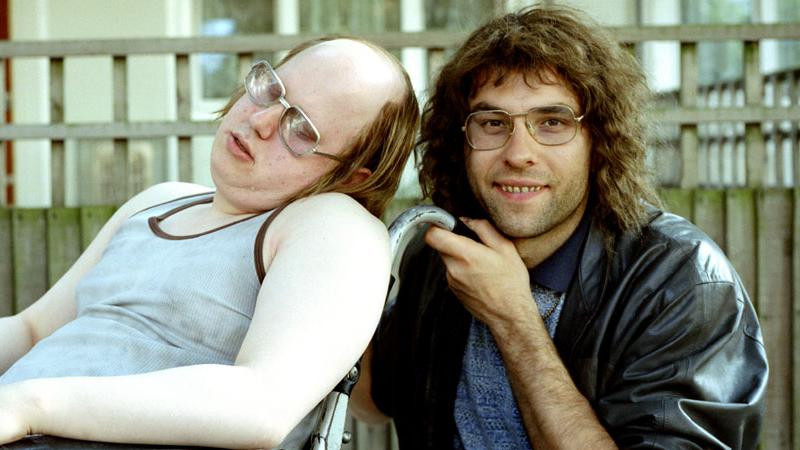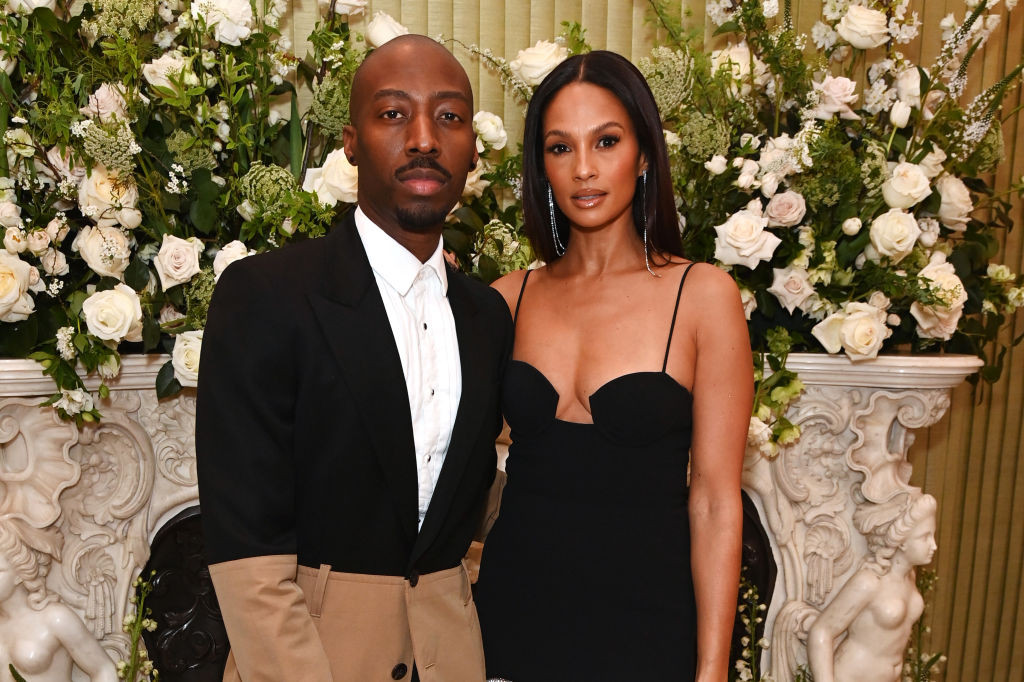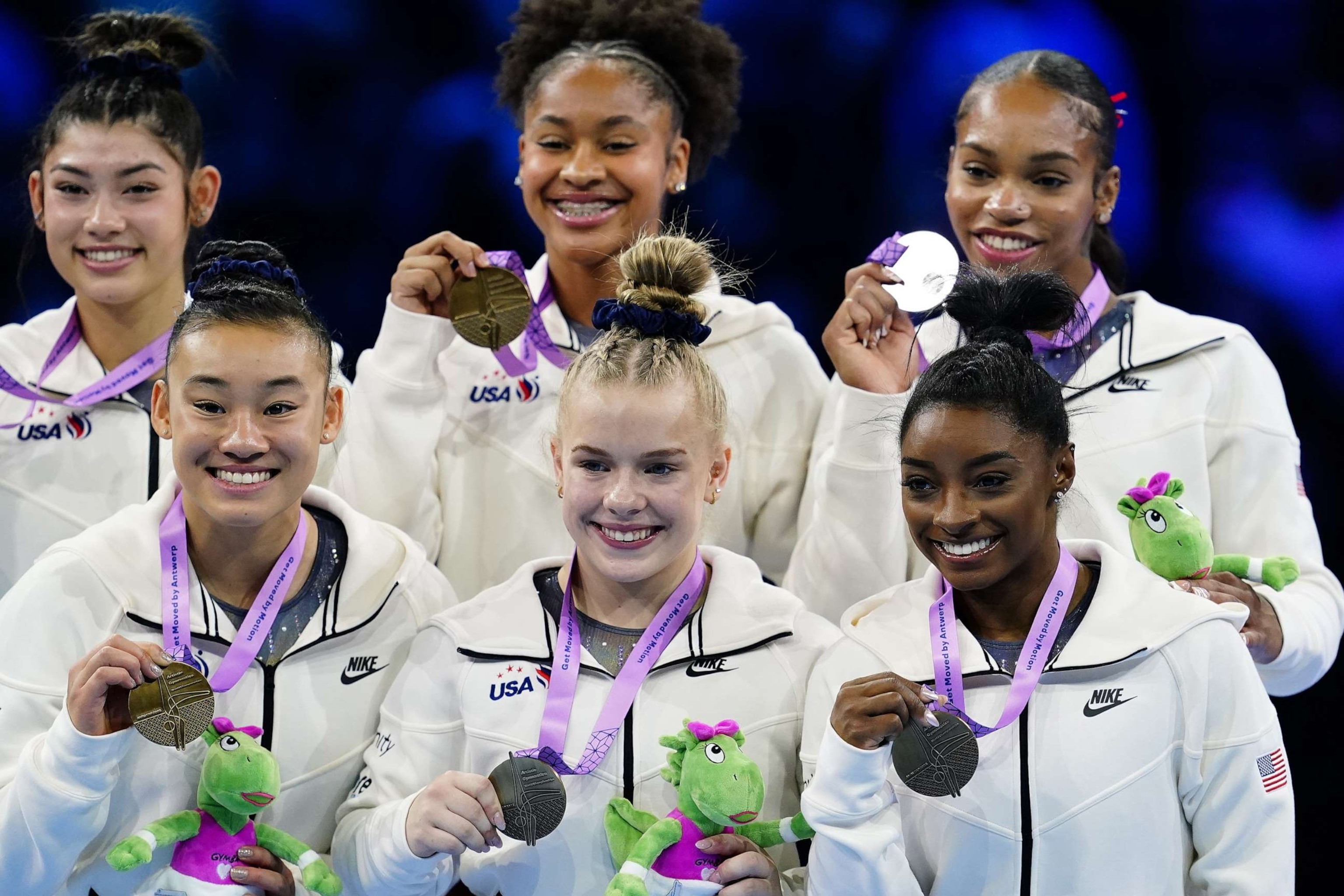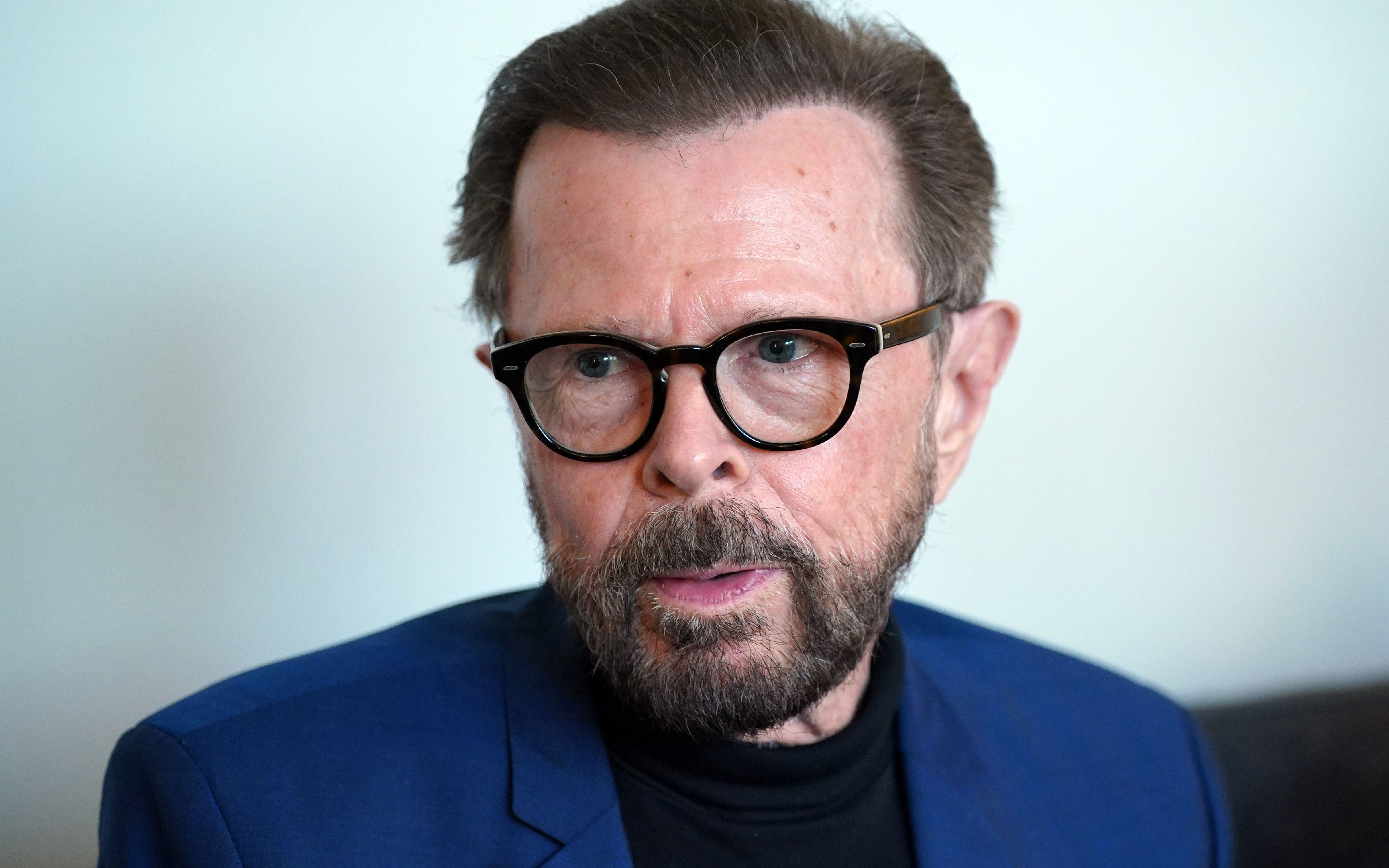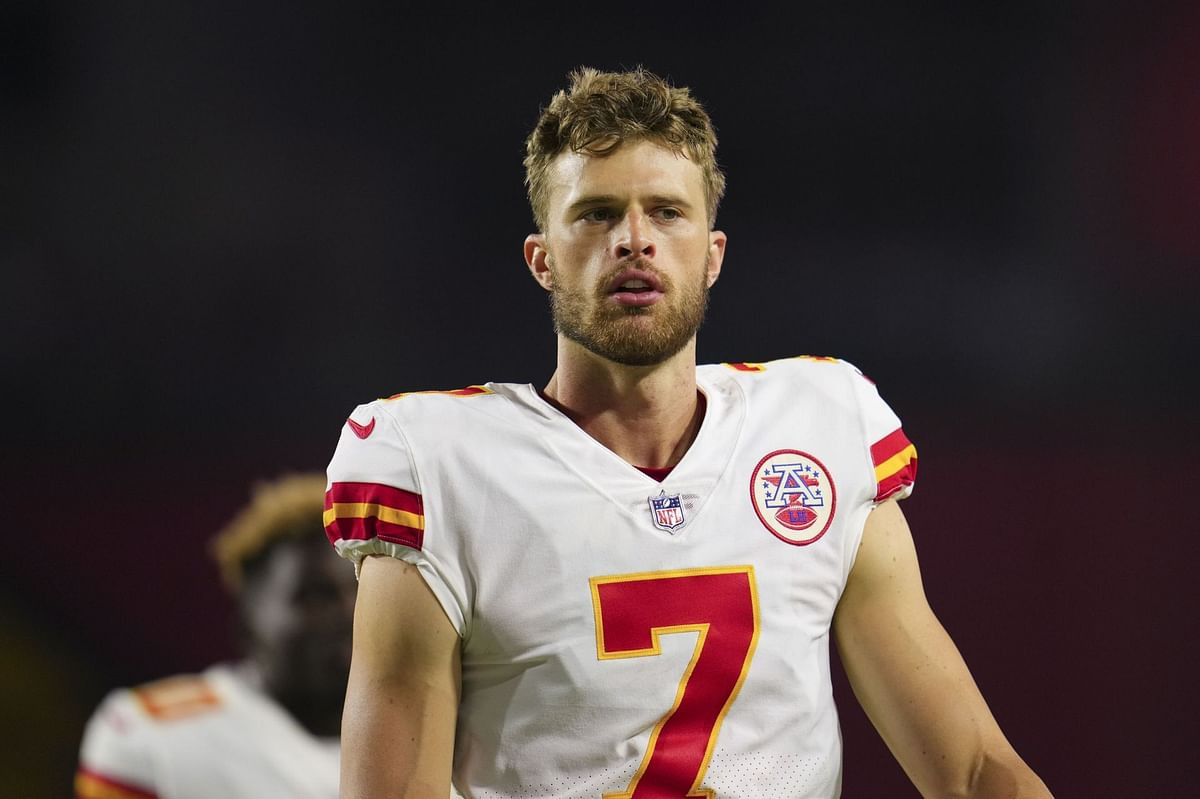Little Britain's Controversial Return: Is Cancel Culture Killing Comedy?
The once beloved British comedy series, Little Britain, has returned to the forefront of public discourse, but this time, it's not for its humorous characters or witty dialogue. The show, known for its satire and exaggerated portrayals of British life, is facing significant criticism and backlash for its use of blackface and its portrayal of LGBTQ+ individuals.
The controversy surrounding Little Britain reignited after the series was pulled from streaming services like Netflix and BritBox. The decision to remove the show, a move attributed to the changing landscape of humor and sensitivity, has sparked a debate about cancel culture and its impact on artistic expression.
The Show's Controversial Past: A History of Outrage
Little Britain, created by David Walliams and Matt Lucas, first aired in 2003. The show quickly became a cultural phenomenon in the UK, gaining international acclaim and a dedicated fanbase. It was known for its diverse cast of characters, each played by Walliams and Lucas, including the iconic Lou and Andy, the flamboyant Daffyd, and the endearing Emily Howard.
However, even during its initial run, Little Britain faced criticism for its portrayal of some characters. The show's use of blackface and its depiction of LGBTQ+ individuals drew scrutiny from viewers and critics alike. Critics argued that the show's humor often relied on stereotypes and offensive caricatures, perpetuating harmful prejudices.
Cancel Culture and Artistic Expression: A Complex Debate
The recent controversy surrounding Little Britain highlights the complex and often contentious relationship between comedy and social progress. The show's removal from streaming services is a testament to the evolving standards of what is considered acceptable humor. This shift is often attributed to cancel culture, a term used to describe the public shaming and ostracization of individuals or groups perceived to have engaged in offensive or harmful behavior.
The debate surrounding cancel culture is multifaceted. Some argue that it serves as a necessary tool for holding individuals and institutions accountable for their actions and promoting social change. They contend that it is essential to challenge harmful stereotypes and promote inclusive narratives. Others, however, view cancel culture as a form of censorship that stifles artistic expression and discourages critical thinking. They argue that the pursuit of political correctness can lead to a silencing of dissenting voices and a fear of engaging in controversial topics.
David Walliams' Perspective: 'Exhausting' Cancel Culture
In an interview with MSN, David Walliams, the co-creator of Little Britain, expressed his weariness with cancel culture. He stated that the constant need to be politically correct was 'exhausting' and that it was 'hard to be funny' in today's climate. He argued that the humor of Little Britain was meant to be satirical and that it was important to distinguish between offensive intent and artistic license.
However, Walliams' comments were met with mixed reactions. Some defended his right to artistic expression, arguing that the show was a product of its time and that it was important to contextualize it within its historical context. Others criticized his stance, arguing that the show's offensive elements were not merely artistic license but actively contributed to harmful stereotypes. They maintained that artists have a responsibility to be mindful of their impact on society and to avoid perpetuating harmful narratives.
Moving Forward: The Future of Comedy
The Little Britain controversy raises important questions about the future of comedy and its role in society. It highlights the tension between artistic freedom and social responsibility. As our understanding of social justice and inclusivity evolves, so too must our standards for humor. The challenge lies in finding a balance between promoting social progress and protecting artistic expression.
In a world where humor is increasingly scrutinized and debated, it is essential to engage in open and honest dialogue about the boundaries of acceptable humor. We must strive to create a space where diverse voices can be heard and where comedy can serve as a vehicle for social commentary and meaningful change.
The Show Must Go On, But with More Sensitivity
While the Little Britain controversy has sparked a much-needed conversation about the evolution of humor, it's important to remember that comedy remains a powerful tool for social commentary and change. The key lies in understanding the boundaries of acceptable humor and ensuring that comedy is used responsibly and thoughtfully. The future of comedy depends on our collective ability to navigate the complexities of artistic expression, social responsibility, and the ever-changing landscape of societal values. It's time for comedians to embrace sensitivity and challenge themselves to push the boundaries of humor without perpetuating harmful stereotypes or contributing to the silencing of marginalized voices.




